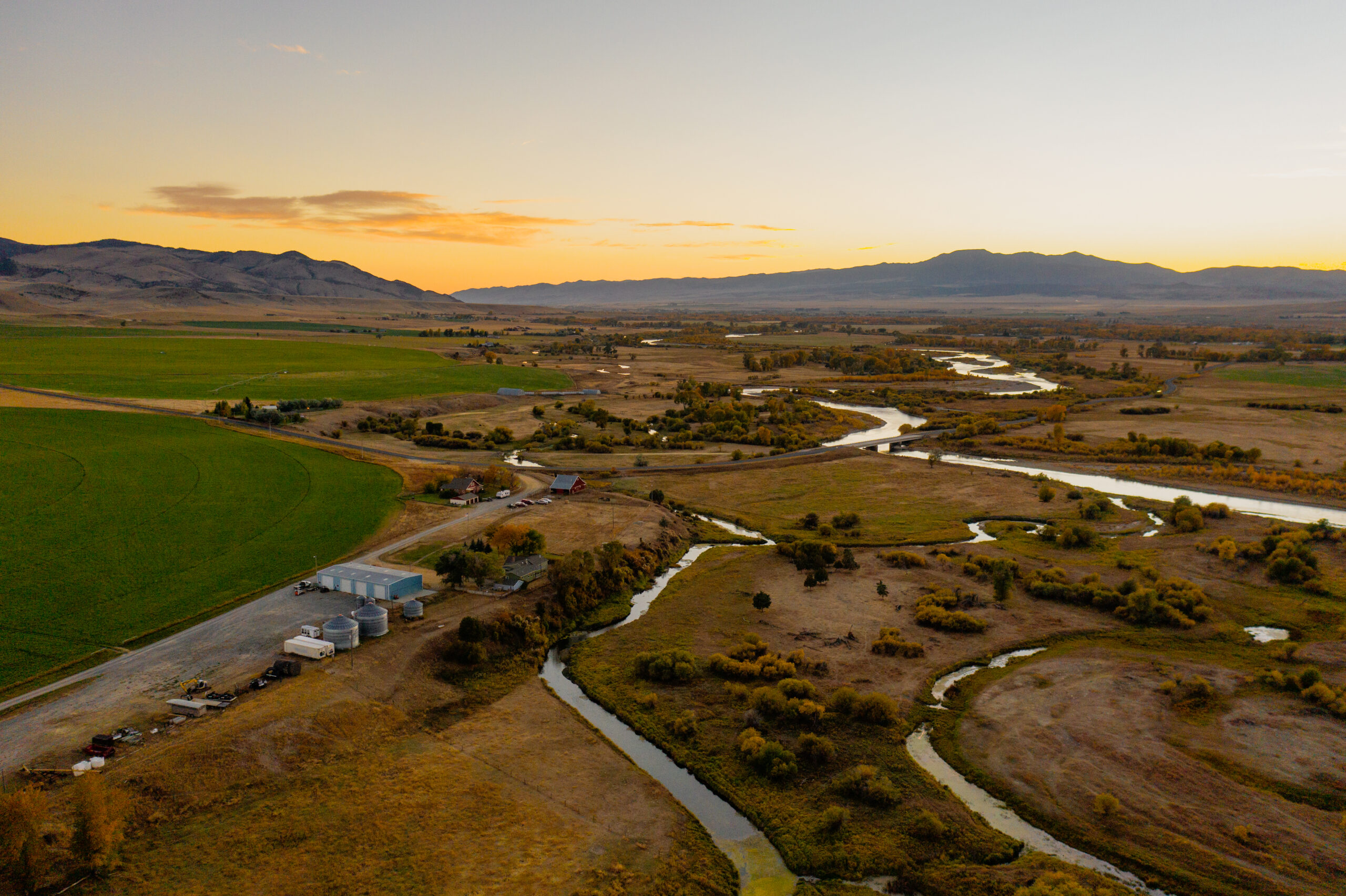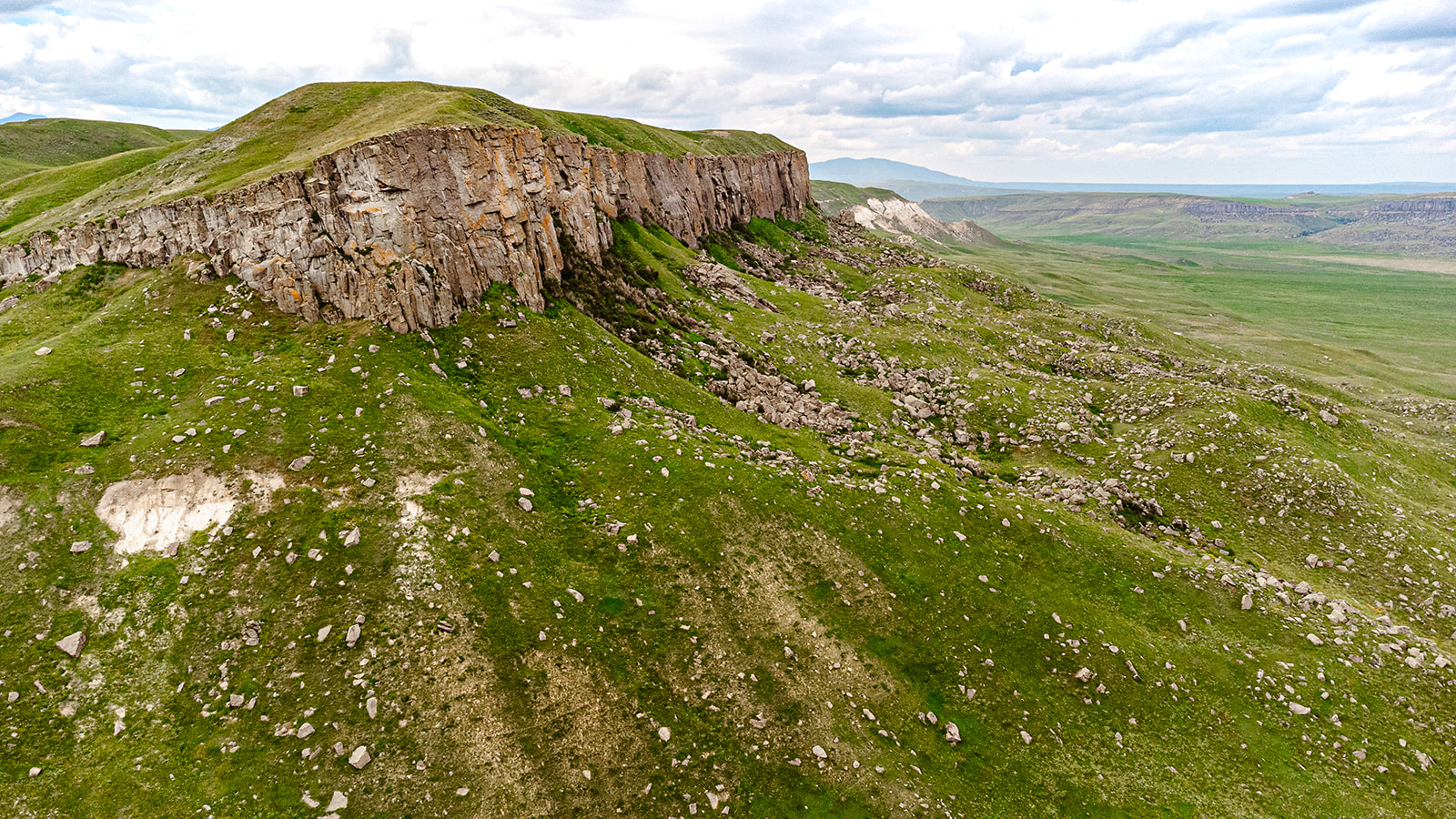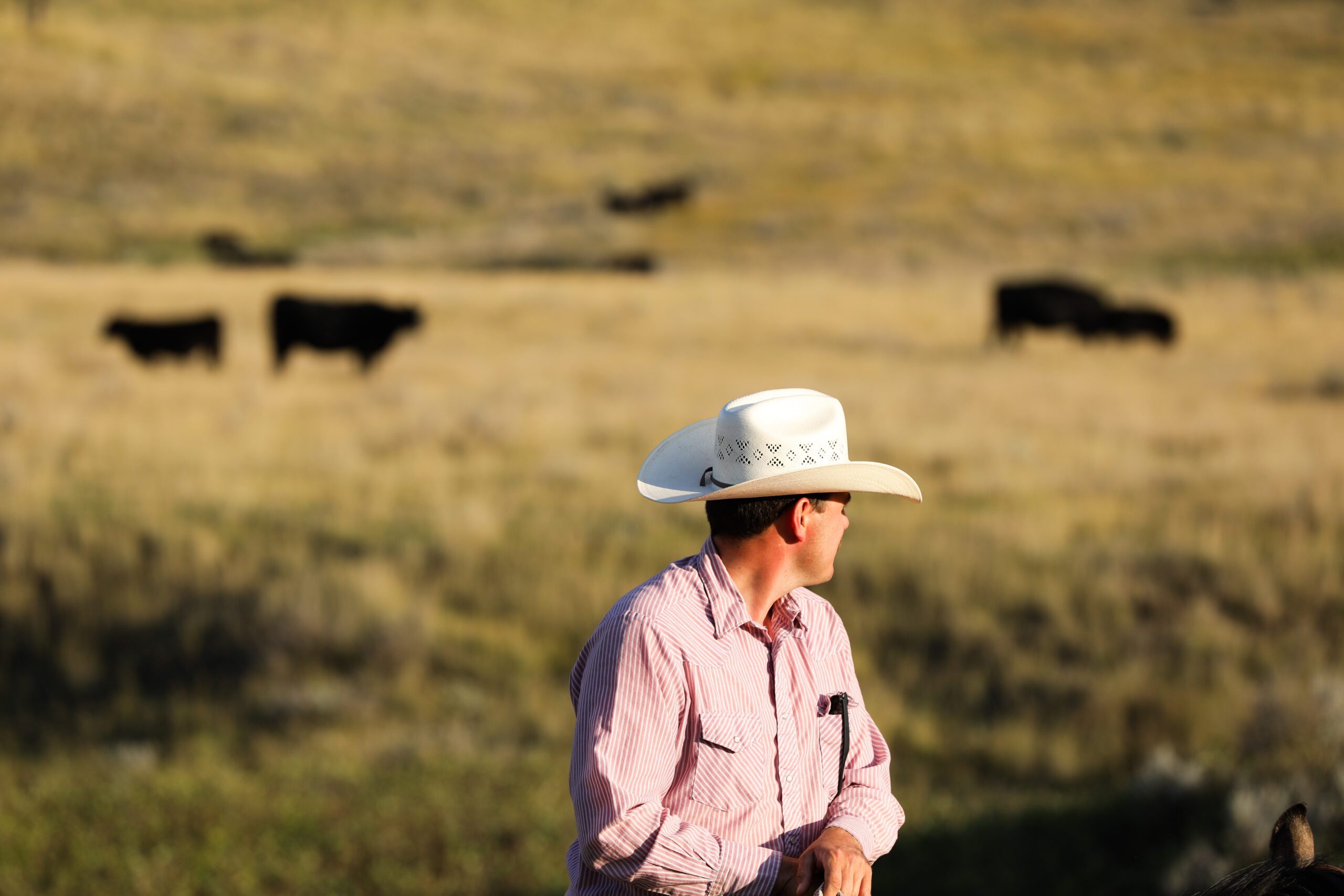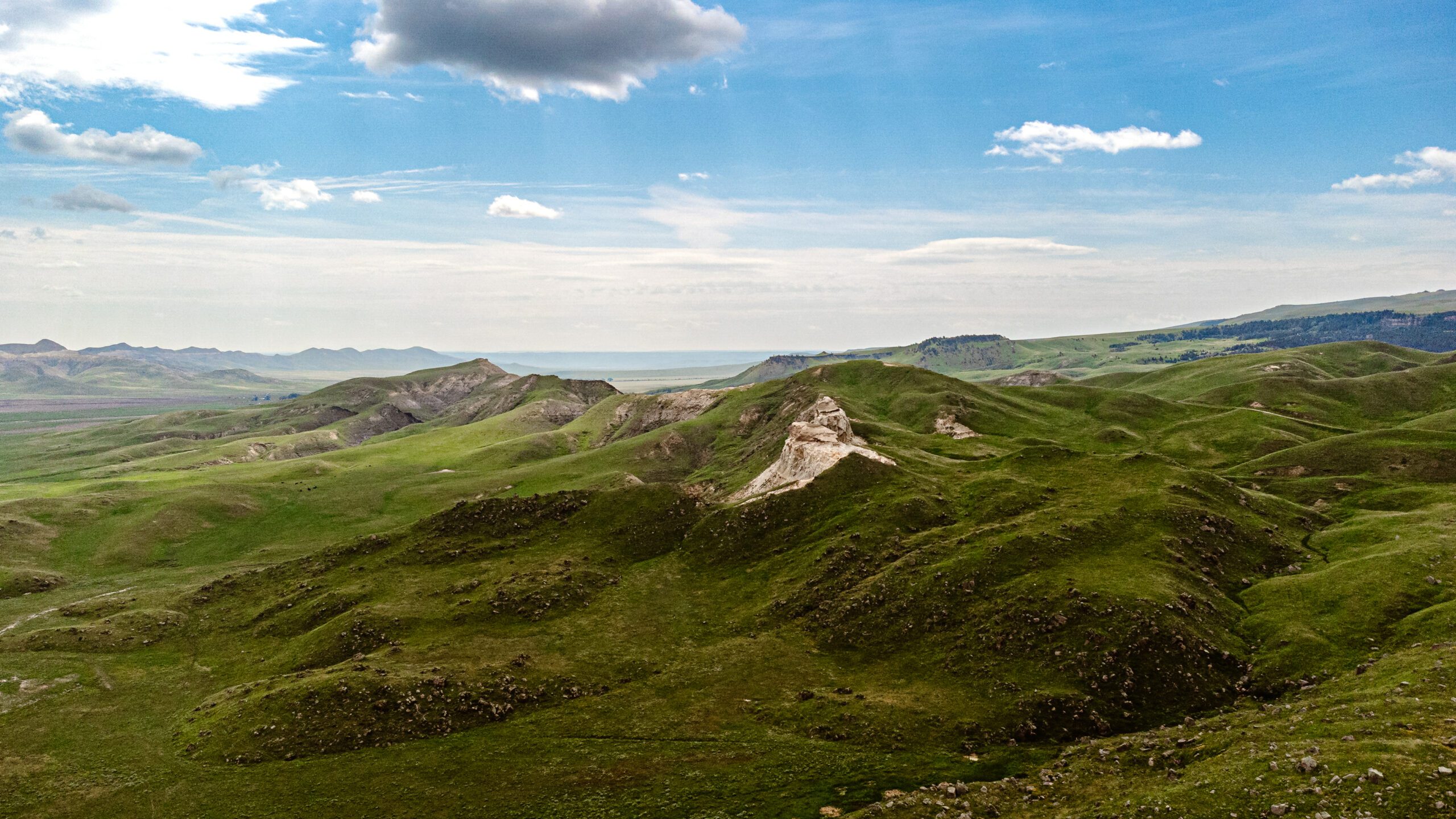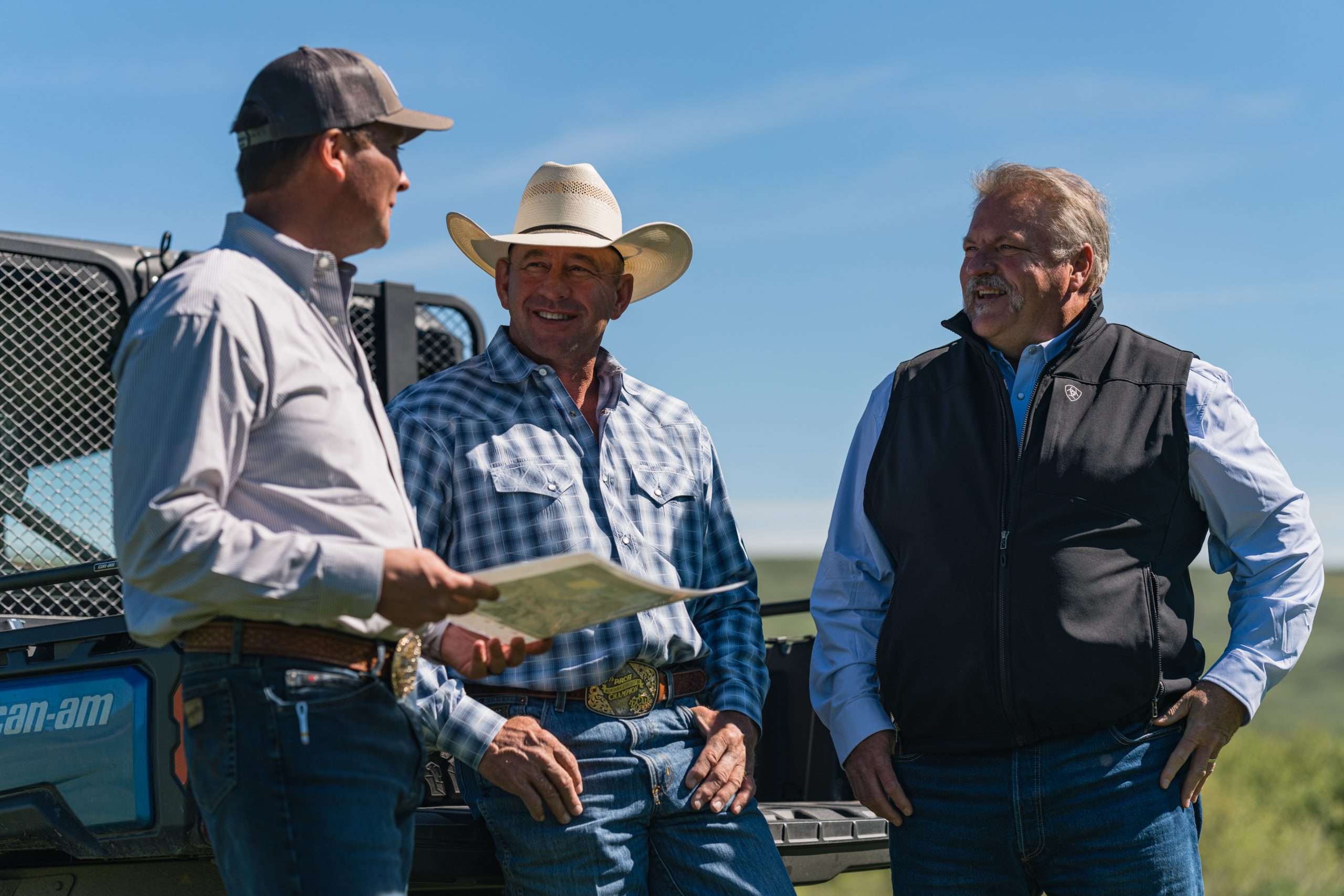Estate and Succession Planning: Getting Started
People get into ranch ownership for all sorts of different reasons. While some inherit the family business or decide to pursue a career in agriculture, others might purchase a ranch property as an investment or to use as a recreational retreat. Owning a ranch (no matter how or why) can be a great experience and a valuable investment—but like all good things, must come to an end. It’s essential for ranch owners to create a plan for the future of their property, beyond the current generation. That may mean selling your ranch during your lifetime, bequeathing it to your family, donating it to the public or creating a conservation easement that will keep the land as it is for years and years. Whatever the goal is for the future of your farm or ranch, it’s best practice to have an estate or succession plan in place that clearly outlines what happens to your assets and/or business when you retire or are no longer living.
Family dynamics.
One of the most difficult situations we encounter as ranch brokers is sellers who have different expectations. When multiple people, most often family members, have inherited a property there may be uncertainty or disagreement when it comes to the fate of the land and its associated businesses. It’s not uncommon that one person wants to sell, while another wants to continue to operate the farm or ranch. This can create emotional distress amongst the family and sometimes leads to unfortunate legal situations—all of which can be avoided if a carefully thought out plan is created and cemented in writing.
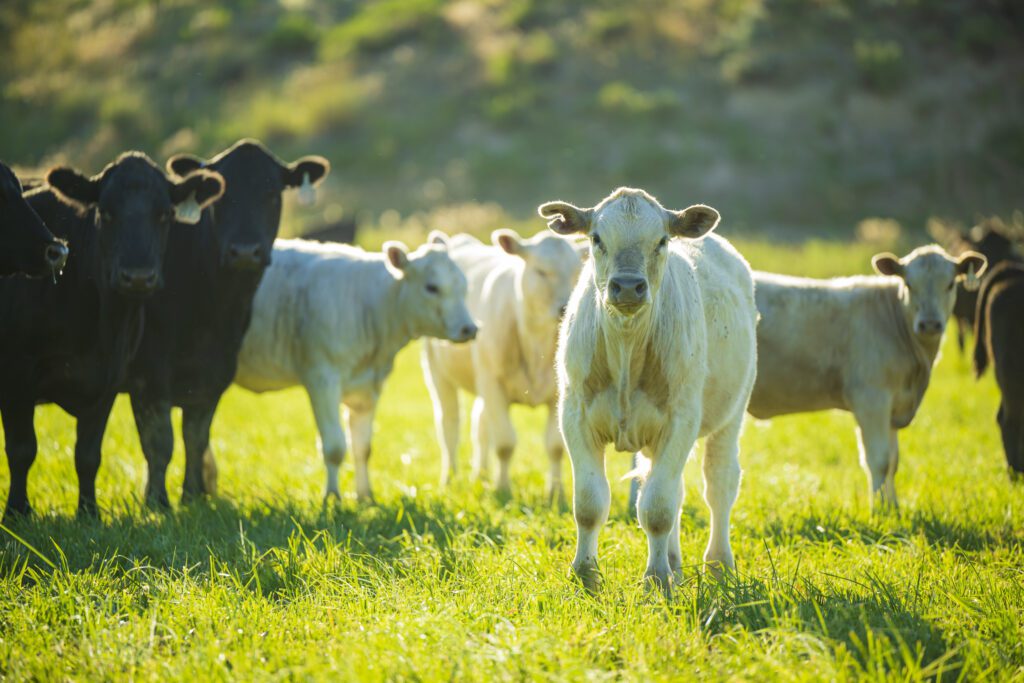
The sooner, the better.
It’s always better to have a plan in place sooner than later. When it comes to farms and ranches, the transfer of property can be more complicated than other types of real estate holdings—especially for operating ranches that may have assets such as livestock, equipment and one or more income generating businesses. Issues such as tax liabilities, lease income, and family dynamics should be carefully considered when creating an estate or succession plan for a ranch property.
While an estate plan transfers ownership of assets to an heir, a succession plan outlines an operational strategy for a business that is transitioning to a new owner. The more clear and concise you can be in your posthumous intent, the likelier it is that your legacy will be honored and family arguments avoided. Working with a team of advisors such as an attorney, tax accountant, and financial planner can help you circumvent common pitfalls and ensure your wishes are upheld. While the team at Western Ranch Brokers doesn’t give legal or financial advice, we can share with you what we’ve learned over our decades of transaction experience. We’ve seen both successful transitions and disastrous ones, even experiencing a little of both in our own family businesses.
Where to start.
Estate and succession plans will vary widely from property to property, and one ranch owner to the next. Sometimes the most difficult part of putting together an estate or succession plan is simply where to start. To get you started, Western Ranch Brokers has outlined questions to ask yourself to help you define your goals, make sure they are realistic, and to begin to craft an estate or succession plan that protects your investments, your family and the legacy of your farm or ranch.
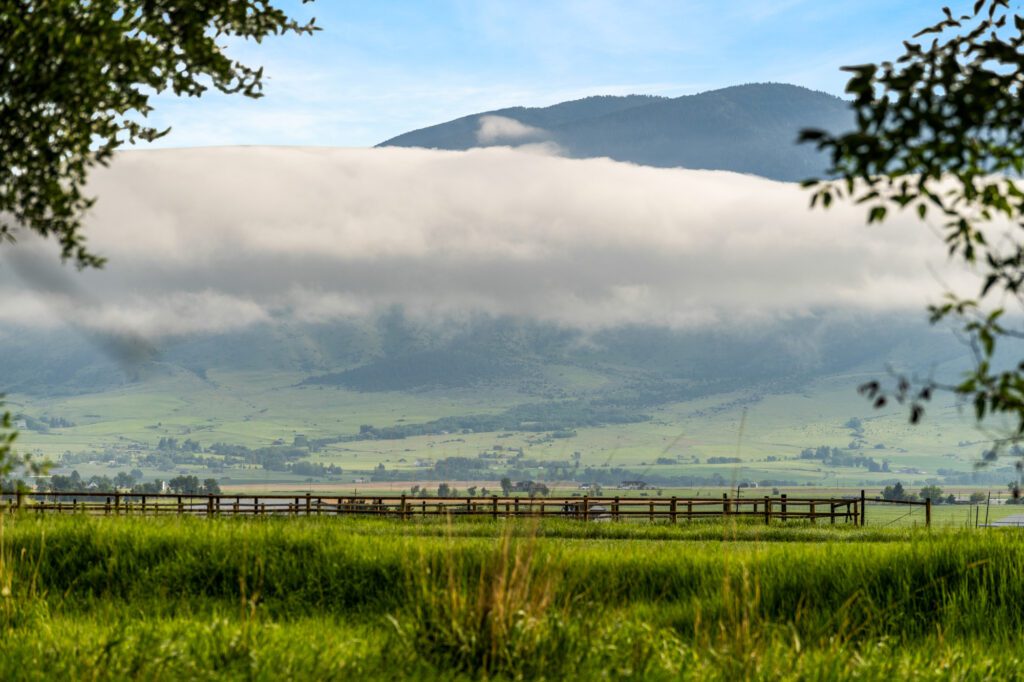
1. Assess Your Needs
Your succession plan can start at any time. Are you ready to hang up your hat and retire now? Before you start transitioning the business to the next generation, it’s important to consider what this means for you. A few key questions to ask yourself before you get started:
- When do I want to initiate changes in ownership? Slowly over time or at the time of my passing?
- Do I want to sell, lease or gift my farm or ranch to the next generation?
- Do I need income from the business to be able to retire?
- Can my financial needs be met by payments over time, or do I need a lump sum payment at the time of transition?
2. Due Diligence
When preparing to transition your farm or ranch to someone else, it pays to do your homework. Sometimes property that has been handed down through the generations has multiple owners, or may have long-forgotten restrictions in place on the land. Finding out exactly what assets you have and how much legal say you have about the future is a smart place to start.
Who owns the property?
- Is there a single owner, or multiple owners?
- What is each individual or company’s ownership share?
- What are the existing debts?
What is the value and liquidity of the property and/or business?
- Get an estimate of the value of your land and improvements, as well as other assets such as livestock and equipment (and depreciation schedules)
- Gather information on any debts, including loan terms
- Review business financials such as cash flow, balance sheets and P&L statements
Are there any title restrictions you should know about?
- Right of first refusal
- Conservation easements
- Any other limitations to the future of the property
3. Consider The Future
What are your hopes for your farm or ranch in the future? Whether you envision your relatives continuing to run the cattle business you’ve built over a lifetime, or would rather leave your heirs with money to pursue their own interests, the planning process begins when you decide what you want to happen after you are no longer at the helm. Some options to consider include:
- Sell the property
- Transfer ownership (assets, operation, management), either over time or after your passing
- Lease the land and/or equipment
- Donate the property to the public or a benevolent cause
It’s important to think about how realistic your future plans are for your farm or ranch. For example, if you want to pass along your working ranch to family members, are they interested? Are they capable of running such an operation? Will they take over ownership only, or management of the business as well? Before you start putting a formal plan in place, it’s a good idea to sit down with your successors and discuss what you are thinking. It’s better to have honest conversations with your beneficiaries before you put a plan in motion. Involving everyone from the onset and avoiding surprises after your death makes for a smoother transition. Some suggested topics for discussion are listed below:
- What are everyone’s expectations for the future of the property/business?
- Who is interested in inheriting the business and who is not?
- How will the property be divided amongst the heirs? Equally? Will some heirs continue to run the business while others will receive only assets?
- Does everyone need to agree on the outcome before you can move forward?
Montana State University provides a complementary worksheet to facilitate estate planning discussions between generations, click here to download the guide.
4. Evaluate Tax Implications
Another important factor in determining the best estate or succession plan for you and your family is to consider the tax implications for your chosen transition plan. Once you have an idea of what to do with your assets and business, your accountant or financial advisor can suggest ways for your beneficiaries to lessen or avoid paying burdensome estate taxes. Frequent strategies to limit tax liability include:
- Like-kind exchanges (1031)
- Conservation easements
- Forming a businesses entity (LLC, S-Corp, etc.)
- Creating a family trust
5. Documentation
After you have navigated the decision making process, your next and most important step is to create legal documentation of your estate or succession plan. Work with your attorney to prepare the documents and execute them, then share them with all involved parties—avoiding surprises and facilitating a smooth transition of your business and assets.
The team at Western Ranch Brokers understands that estate and succession planning is a difficult and often emotional process. However it’s an essential part of continuing the legacy of a farm or ranch. Through straightforward communication and our hands-on approach, we can help offer possible solutions.
Thinking about selling your farm or ranch? For more information on planning for the future of your farm or ranch, contact our team and find out how we can go to work for you.


